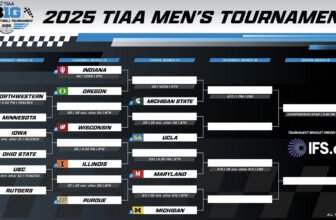
The U.S. Court of Appeals has denied former President Donald Trump’s executive order that sought to end the constitutional right to birthright citizenship. This decision paves the way for a potential Supreme Court showdown, intensifying debates over the interpretation of the 14th Amendment.
History of Birthright Citizenship
Birthright citizenship, enshrined in the 14th Amendment, grants automatic U.S. citizenship to individuals born on American soil. In 2018, President Trump signed an executive order challenging this principle, arguing that it incentivized illegal immigration. The order faced immediate legal challenges and was quickly blocked by lower courts.
Appeals Court Decision
The appellate court’s ruling aligns with previous decisions, affirming that the executive order contradicts the Constitution. Legal experts emphasize that any change to birthright citizenship would require a constitutional amendment, rather than an executive order.
Implications of the Ruling
This ruling carries major legal and political consequences:
- Legal Precedent: Upholding the block reinforces the constitutional protection against unilateral executive actions.
- Political Discourse: The decision is expected to become a key issue in upcoming political debates, particularly if the Supreme Court intervenes.
- Immigration Policy: A ruling by the Supreme Court could significantly reshape U.S. immigration laws and impact millions of children born to non-citizen parents.
A Potential Showdown at the Supreme Court
With the appeals court maintaining the block, the case is now likely headed to the Supreme Court. Legal analysts predict it will be a landmark case that could have lasting effects on constitutional law and immigration policy.
FAQ
What is birthright citizenship?
Birthright citizenship is the legal right that grants automatic nationality to individuals born within a country’s borders, regardless of their parents’ citizenship status.
What did Trump’s executive order propose?
The executive order aimed to eliminate automatic U.S. citizenship for children born in the United States to non-citizen parents.
What are the next steps?
The case is likely to be appealed to the Supreme Court, where a final decision will be made.
We encourage our readers to share their thoughts and stay informed as this legal battle unfolds.



